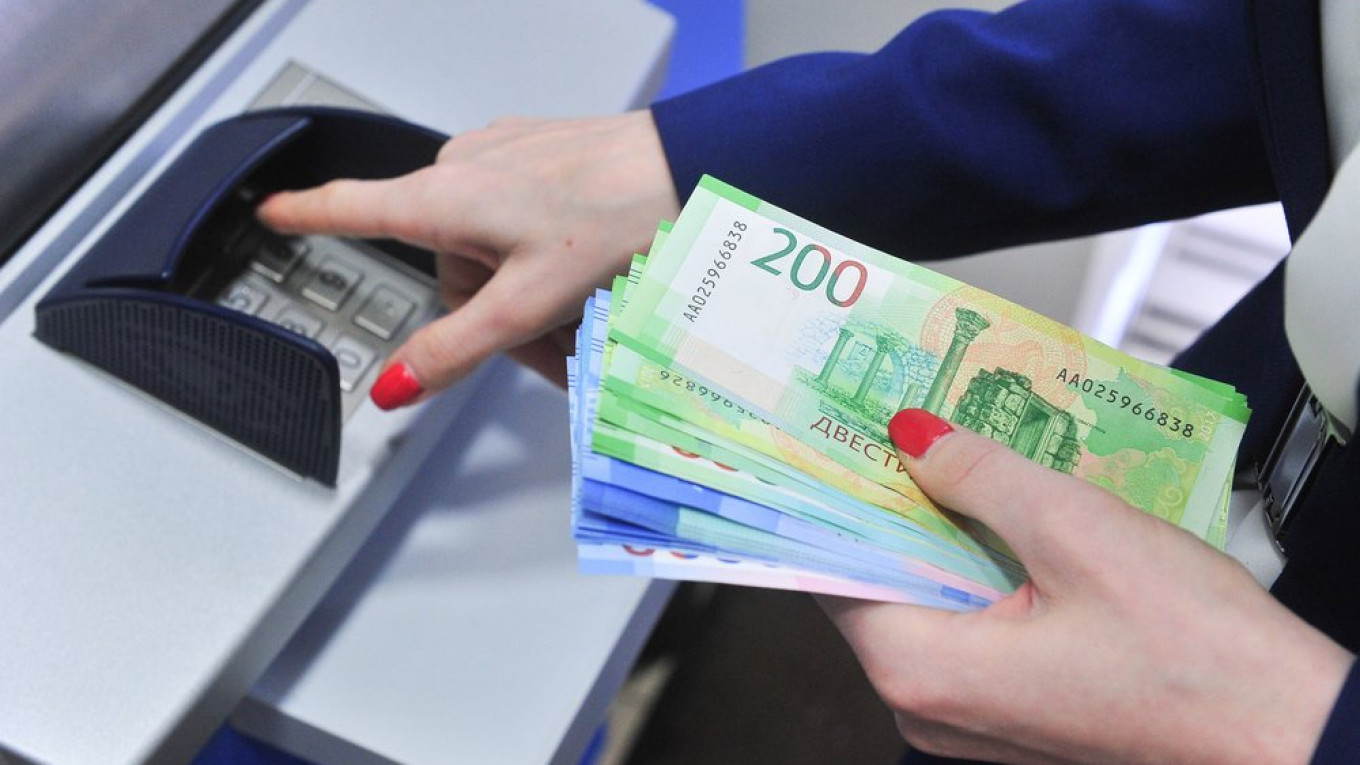When Russia invaded Ukraine in February, the US and its Nato allies quickly imposed tough sanctions on Russia, including the freezing of its foreign exchange reserves and suspension from the SWIFT (Society for Worldwide Interbank Financial Telecommunication) payments system that is used for international transactions. The sanctions aimed at cuts in imports of Russian raw materials, including oil, gas, agricultural goods and palladium. Western analysts predicted that this might slash Russia’s GDP by 15%, wrecking its economy. They theorised that this might persuade Vladimir Putin to withdraw, or maybe even stoke an internal coup to oust him.
Today, the shoe is on the other foot. In effect, Russia is sanctioning Nato by curbing supplies of natural gas. This has thrown European economies into an unprecedented energy crisis, forced them into a deep recession, and obliged them to provide huge consumer subsidies for electricity and heating gas that will wreck their fiscal calculations. Europe and Britain are in for a deep long winter of discontent. The consequent rise in liquefied natural gas (LNG) prices has hit Japan, China, India and all other LNG importers too, spreading the gloom. Russian consumers are, of course, untouched.
The Russian economy has no doubt been hit by sanctions, but has proved resilient. The sanctions aimed to prevent Russia from exporting its oil and gas. But it soon became apparent that Europe was far too dependent on Russian oil and gas for an immediate cut-off. That is now planned for the end of the year.
Nato did not anticipate that dozens of countries would be neutral on Ukraine, and would refuse to support its UN resolutions condemning Russia. Europe itself had to keep importing oil and gas from Russia. So, it was impossible to get tough with countries like India that opted to buy Russian oil at discounted prices. The world markets are full of opaque intermediaries that have long helped evade sanctions on Iran, North Korea, Venezuela and so on. The same intermediaries have helped Russia to sell oil aplenty.
It’s Not All Gas
Meanwhile, the sanctions drove up the price of Brent crude from $80 a barrel to $130 a barrel before receding once again to around $95 a barrel. Since the dollar has appreciated almost 20% against many currencies, this means oil has become much more costly in real terms. That has hit consumers everywhere except in Russia, and deepened recessionary trends.
As for natural gas, this has taken everybody by surprise. Europe is highly dependent on Russian gas. This was simply not taken into account in early accounts of the sanctions. Nato declared it would stop construction of Nord Stream 2, a pipeline aiming to take gas from Russia directly to Germany through the Baltic Sea. But Europe remained greatly dependent on gas supplies from Nord Stream 1.
Russia has repeatedly halted supplies through its Nord Stream 1, earlier ostensibly for maintenance and now more obviously for geopolitical reasons. In effect, Russia is sanctioning the West, reversing the original screenplay. And Russian sanctions are proving phenomenally effective, whereas Nato sanctions have proved limp and bearable.
I am amused to find Western politicians and media accusing Russia of ‘weaponising’ its gas supplies. When Nato declares economic war and weaponises sanctions, how on Earth does it expect Russia not to retaliate?
The price of natural gas in Europe has skyrocketed to ₹343 per MWh, up more than 20 times from its lows in 2020. Electricity utilities are being forced to hike their rates, and governments are demanding caps on electricity prices. But at the end of it all, European consumers will have to shell out enormous sums in additional gas and electricity bills.
Oil can be imported by tankers from other sources but gas cannot. Importing gas will be possible only if the world sets up huge new facilities for producing and liquefying natural gas – which can take years – as well as new facilities in Europe to receive and regasify LNG. That, too, will take years. In the interim, Europe is largely at Russia’s mercy.
Will the energy crisis force Nato countries to rethink their stance in Ukraine and negotiate a settlement? I doubt it. Any settlement would require Russia to withdraw to pre-February borders, and Putin cannot do that without losing face. Despite the pain, Western sanctions will continue for the foreseeable future.
No Cap on the War
A new price cap on purchases of oil from Russia is going to be implemented by the year-end, though I find it difficult to believe this will work. Political positions on both sides make a quick settlement impossible, so a long war looks likely. It could stretch into 2024, dragging down the world economy.
The silver lining is that the food and materials crisis predicted by analysts has proved false. Initially, commodity prices did go through the roof, and the doubling of food prices was seen to be a harbinger of global hunger and food shortage. But now prices of foodgrains and other commodities have fallen back to pre-war levels. So, a humanitarian crisis has been avoided. But a long recession will take its toll.
This article was originally published in The Economic Times on September 6, 2022.


